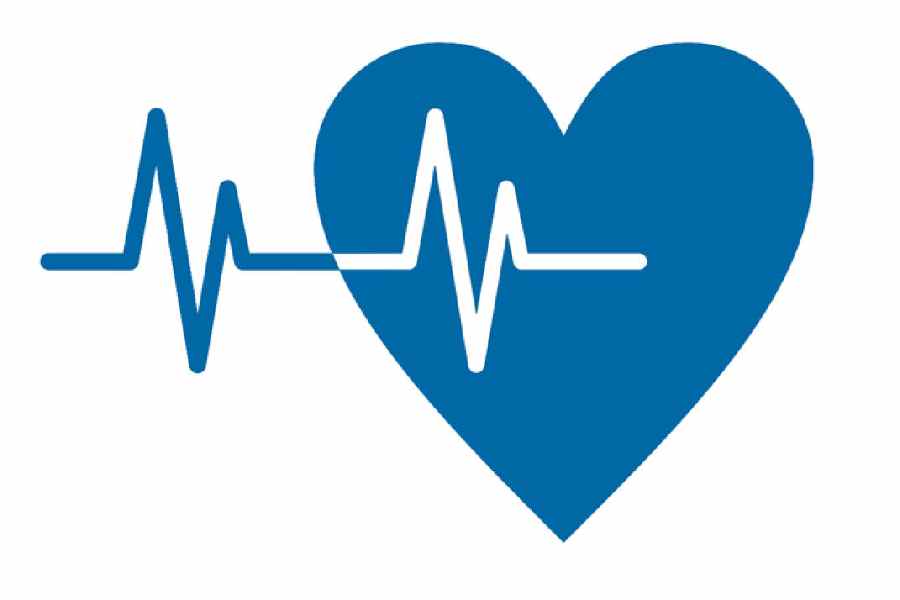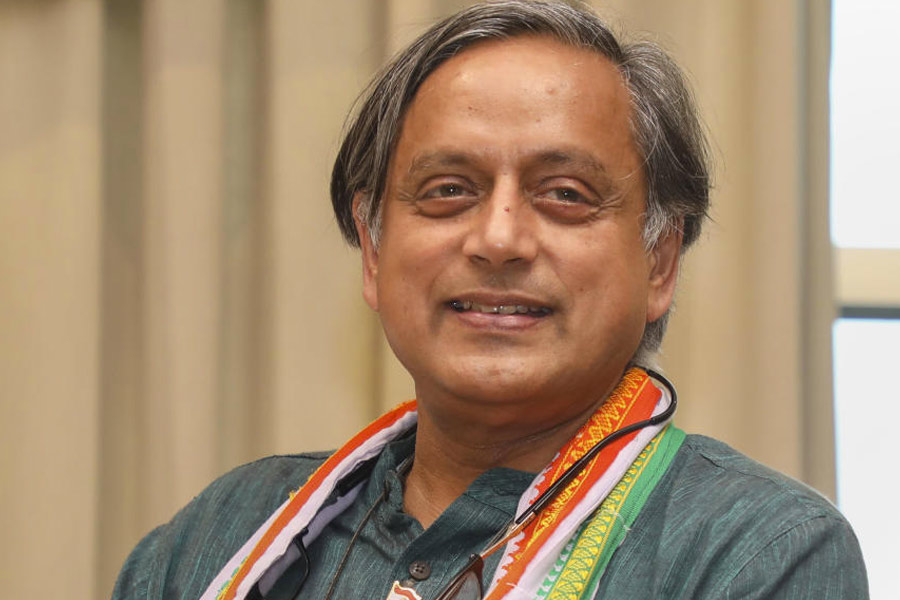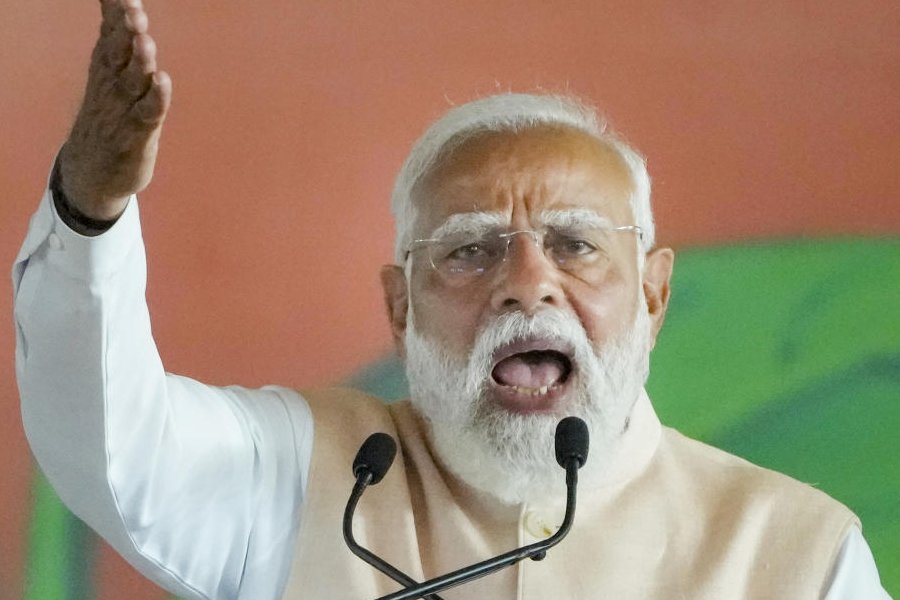A drug named sotagliflozin, used to treat patients with diabetes and kidney disease with additional cardiovascular risk factors, can significantly reduce heart attacks and strokes among such patients, medical researchers said on Friday.
The researchers, reporting the results of a global clinical trial, said sotagliflozin shows distinct added cardiovascular benefits that could expand its use to reduce risks of heart attacks and strokes in these subsets of patients.
Sotagliflozin belongs to a class of medications called gliflozins that help lower blood sugar levels by preventing the kidneys from reabsorbing glucose, allowing excess glucose to be excreted in urine. The drug blocks the functions of two proteins — SGLT1 and SGLT2 — that transport glucose and sodium across cell membranes and control blood sugar. Other gliflozins do not effectively block SGLT2.
“Our results demonstrate a new mechanism of action — combined blockage… of SGLT1 and SGLT2 receptors to reduce heart attack and stroke risk,” Deepak Bhatt, professor of cardiovascular medicine at the Icahn School of Medicine, Mount Sinai in the US, who led the trial, said in a media release.
“The benefits seen are distinct from those seen with the other very popular SGLT2 inhibitors in widespread use for diabetes, heart failure and kidney disease,” he said.
Their findings were published in The Lancet Diabetes & Endocrinology on Friday.
For the trial, the researchers followed up 10,584 patients with chronic kidney disease, type-2 diabetes and additional cardiovascular risk factors, assigning them randomly to sotagliflozin or a placebo — a sham treatment.
Patients in the group that received sotagliflozin had a 23 per cent lower rate of heart attacks or strokes or deaths from these causes compared with the patients who received the placebo.
Drug regulatory authorities had approved sotagliflozin to reduce the risk of deaths from cardiovascular causes, hospitalisations forheart failure, and urgentvisits to hospitals for heart failure for patients witheither heart failure, diabetes, chronic kidney disease and other cardiovascular riskfactors.
“The new data show that it additionally reduces the risk of heart attacks and strokes. We could see more widespread use as a result,” Bhatt said in the media release.
Dhiman Kahali, the director of cardiology at the BM Birla Heart Hospital, Calcutta, and president-elect of the Cardiology Society of India, said the new study added evidence for new benefits of this gliflozin.
“Gliflozins are not just anti-diabetic drugs, they also protect the heart, they protect the kidneys, they reduce the rate of hospitalisations for heart failure, extending lives through these multiple actions,” Kahali said.
Mohalla clinics
BJP MLA Manjinder Singh Sirsa from Rajouri Garden on Friday said that mohalla clinics would be renamed “Ayushman Arogya Mandir” so they become “actual centres for serving people”.
Sirsa said: “Under the AAP government, the mohalla clinics were plagued by fake tests and ghost patients, turning them into money-spinning ATMs.”
Sirsa said the BJP government in Delhi would establish Ayushman Arogya Mandirs near JJ clusters to ensure free primary healthcare for all residents in these areas.
The Delhi BJP’s first manifesto for the Assembly polls had promised Ayushman Arogya Mandirs to strengthen healthcare infrastructure.










